Kaiser Permanente researcher spends her weekdays immersed in technology, her weekends in the woods
Growing up in semi-rural Northern California, Mary Reed, DrPH, developed an appreciation for nature and the outdoors. A research career at a desk, indoors, focused on computing, wasn’t something she pictured.
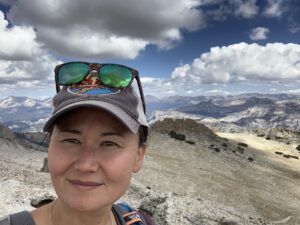
And yet, that’s what happened. After getting a biology degree from the University of California, Berkeley, Reed’s first job introduced her to public health and patient tracking systems. She was hooked, switching gears to get a public health master’s degree from Berkeley.
During graduate school, an internship at the Division of Research (DOR) brought her to Kaiser Permanente and she never left. The opportunity to study how information technology influences patient care, and how researchers can use health IT to improve care delivery, is a “perfect” combination, she says now.
In more than a decade at DOR, Reed has become a national leader in health IT and telemedicine research, and has partnered with multiple clinicians to use the electronic health record (EHR) to answer questions and design improvements. She published a series of studies showing Kaiser Permanente’s EHR improved diabetes care; later came studies on patient-doctor e-mail, patient portal use within families, how patients use telemedicine, and how medical assistants help close the virtual digital divide, among many others.
Reed answered our questions about her journey to being a senior research scientist at DOR.
How did you decide to become a researcher?
I’d have to attribute it to being an insatiably curious person. You can ask my family – I have too many questions about just about everything in life! I didn’t set out to be a researcher, but once I was introduced to it, I realized it was something I would be well-suited for, and that a research organization would be a fun place to work.
In college I studied biology because of my interest in ecology. After graduation I worked at an environmental health department working on lead poisoning prevention, and that gave me my first taste of collecting and interpreting data, and how health departments work. I realized hey, public health is pretty cool, I’d like to learn more. So I came back to UC Berkeley for a master’s in public health.
I came to DOR in 2001 for a summer internship during grad school. DOR was the first place I learned that there is a lot in the way health care delivered that can be studied and improved, that there are an unlimited number of decision points in how health care is delivered that impacts patient care. When I chose to pursue a DrPH, DOR was an amazing laboratory for doctoral research. My dissertation was on how co-payments affect patient care-seeking.
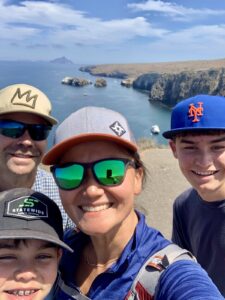
How did you get interested in health information technology?
I started out looking at health insurance benefits design’s impact on patient care, and that is a consistent thread throughout my work – this year I’m participating in a study about how the Affordable Care Act affected contraception and abortion coverage.
When I came to DOR, Kaiser Permanente was on the leading edge of computerizing patient records and there were a lot of questions about how it would affect patient care. For instance, would EHR use help patients manage their diabetes? As a researcher, you study what feels timely in terms of health care delivery. So my interest in the EHR has followed naturally on to patient portal use and how patients and doctors talk to each other through telemedicine, and how the pandemic has affected these digital health trends.
It was a fortunate synergy that my research trajectory led me to studying telemedicine at a time when the organization is really focused on it, and I’m studying things that can be useful to the organization. You have a chance to tell the outside, non-Kaiser world about our scientific findings and also use those findings to inform some practical thing that’s happening within the Kaiser health care delivery system. That’s perfect, that’s the dream.
You also work with the CREST network of emergency medicine researchers. How did you get involved with that?
It started more than 10 years ago before CREST existed when I worked with Dustin Ballard on a small community benefit grant study on emergency department copays and how they affected physician decisions. Being a collaborator with him gave me a front row seat to the growing CREST network as it expanded. Most of the CREST projects I’m involved with now are clinical decision support related, looking at how the technology informs clinical practice. CREST has been an enormously rewarding part of my experience at DOR – it’s a really fun, engaging dynamic team and it offers my portfolio a huge opportunity to impact clinical practice.
How does being at DOR influence your work?
For the kinds of things I do, I can’t imagine a more ideal setting. As a health services researcher focused on technology, I was incredibly lucky to land at a place like Kaiser Permanente, which has been a huge leader in the way that it implements technology, both on the clinical and patient-facing sides.
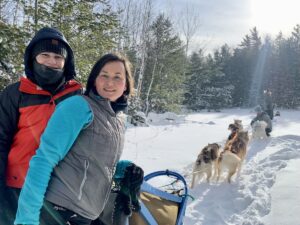
I’m also a Rapid Analytics Unit (RAU) investigator, and that’s been a really fun set of collaborations for me too. There are several of us who are investigators who field timely research requests from all over the medical group, clinicians initiating project ideas. My current RAU projects include use of CT cerebral angiography in evaluating emergency department patients with headache, with emergency physician Dustin Mark, and outcomes of telemedicine use in ophthalmology, with ophthalmologist I-Hui Wu.
What do you do in your free time?
I am definitely one of those people who feels best outdoors. On my weekends and vacations I’m looking for ways to spend time outdoors, ideally in the wilderness, the farther from people the better. I like to go backpacking and camping quite a bit, and I drag other people in my family along. The teenagers may grumble about it, but they still go and have fun.
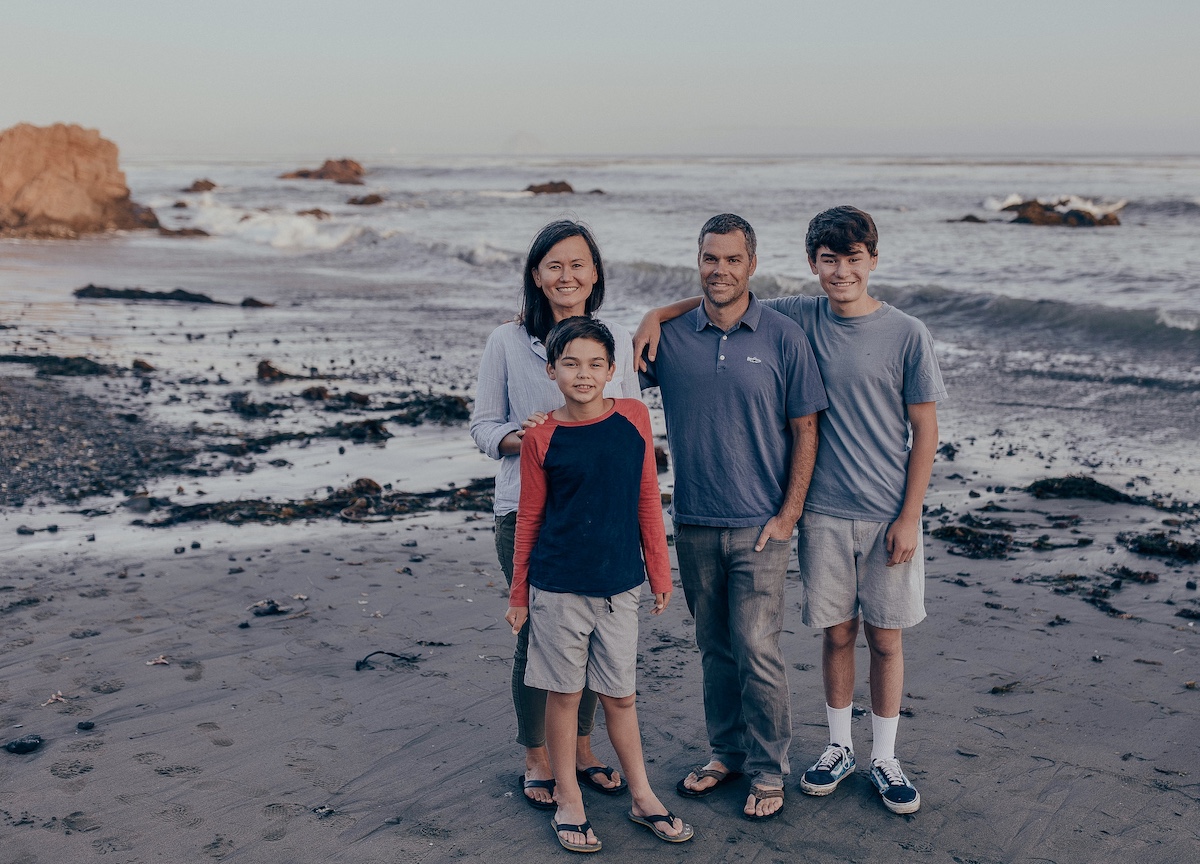
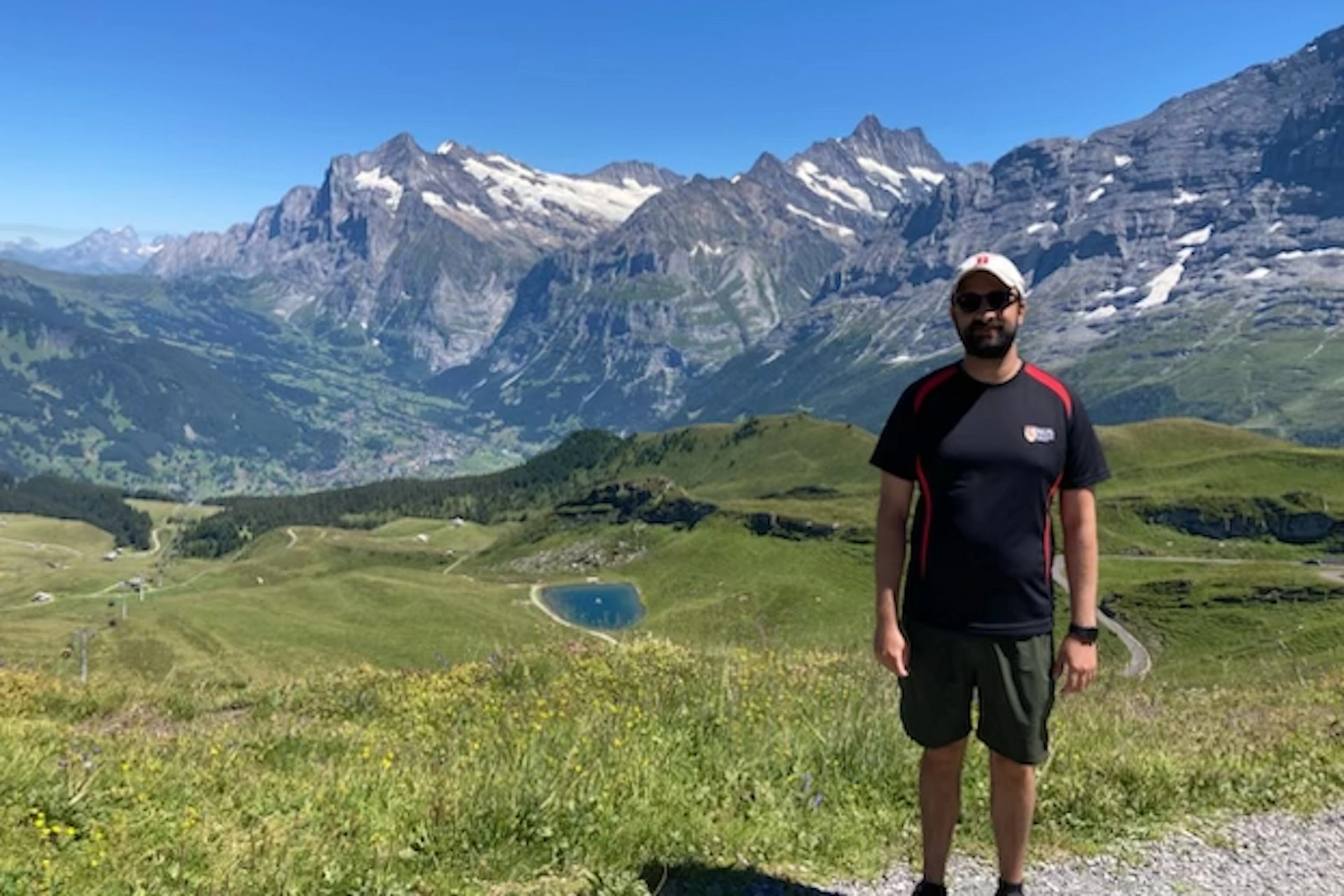
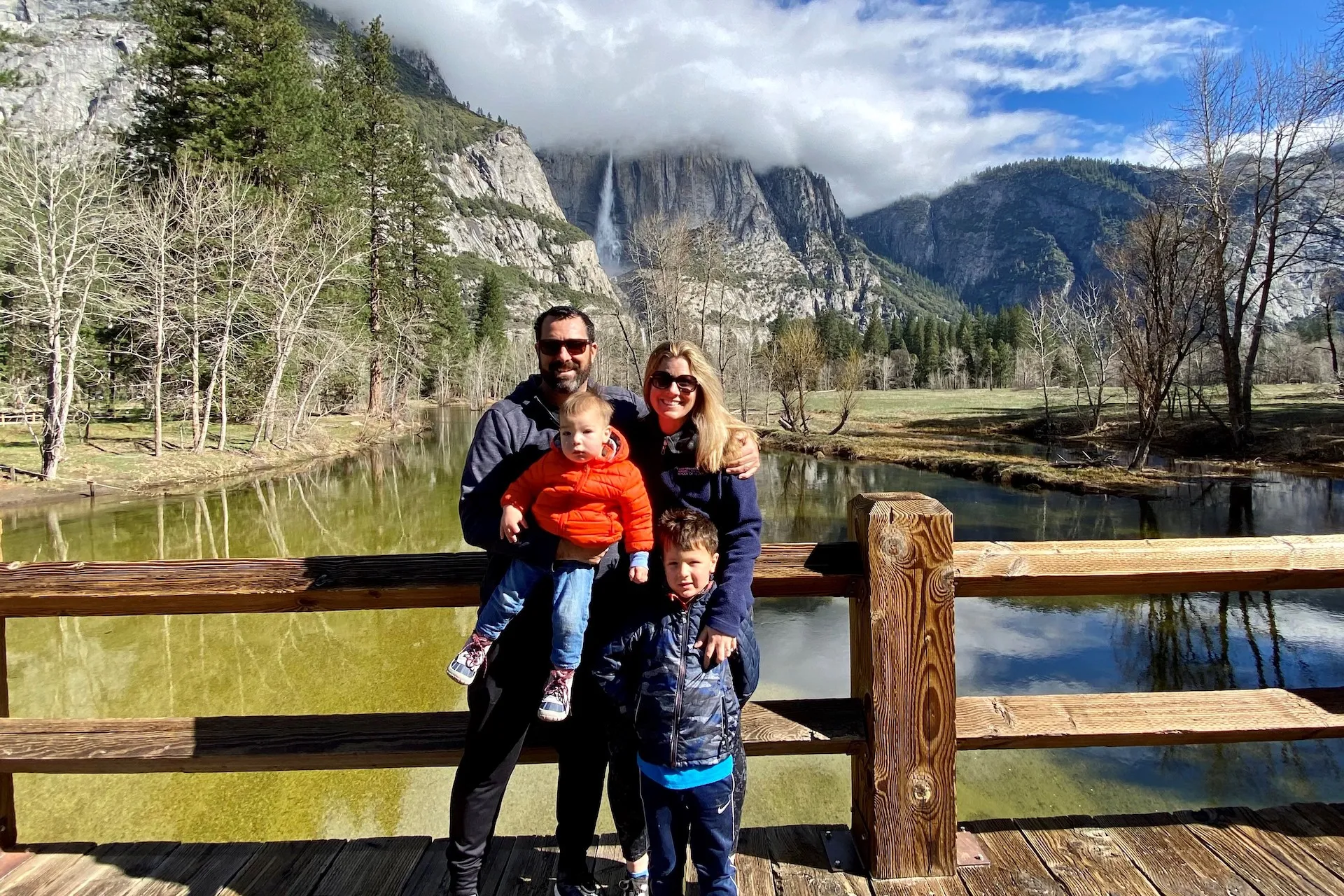
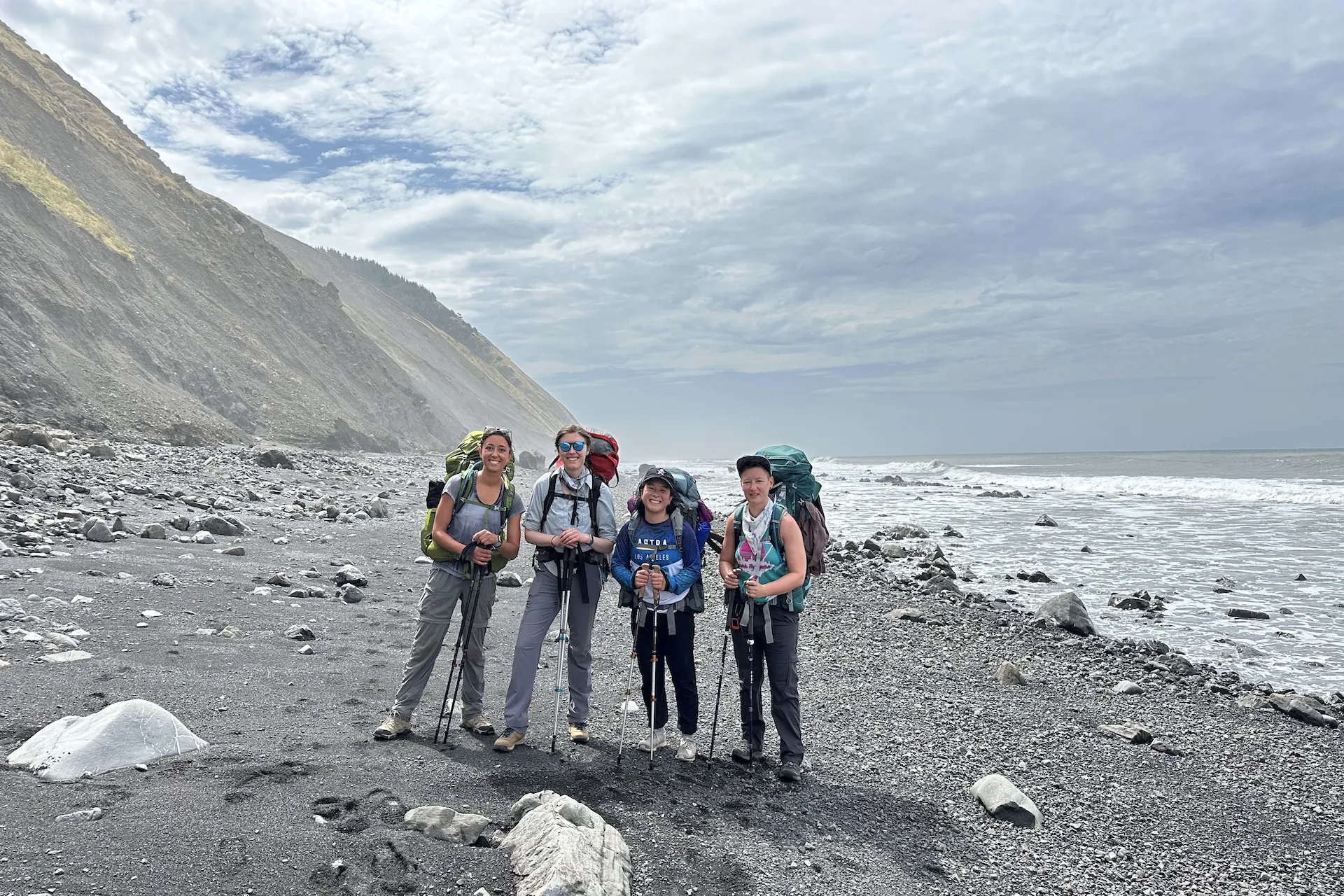
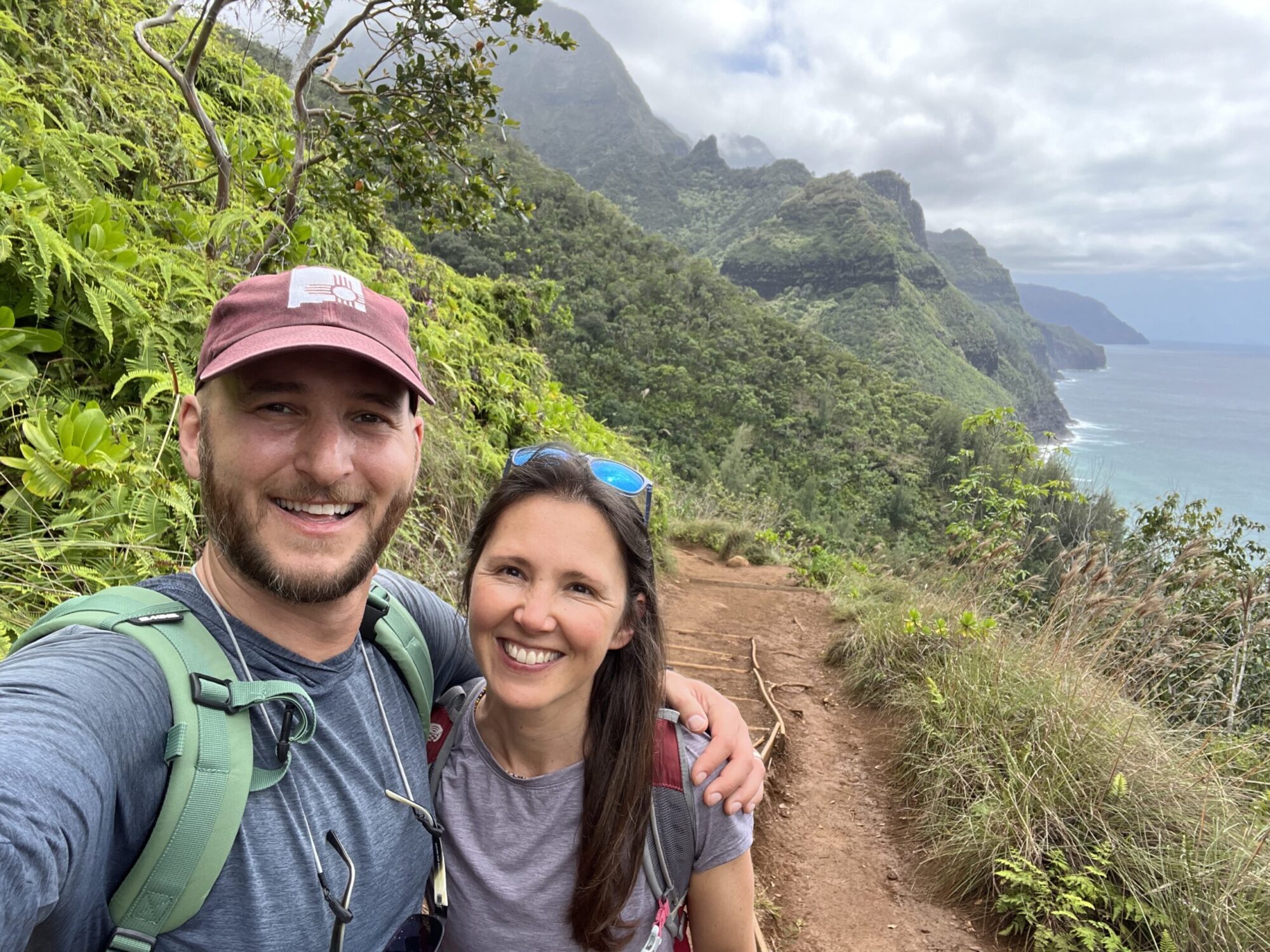
This Post Has 0 Comments